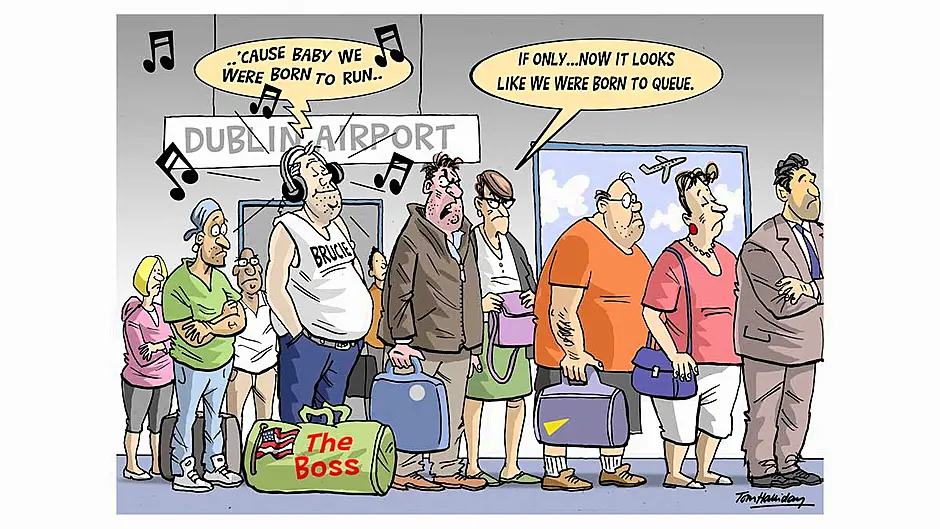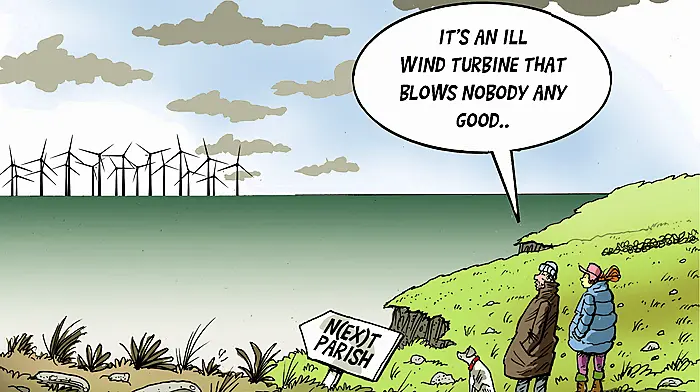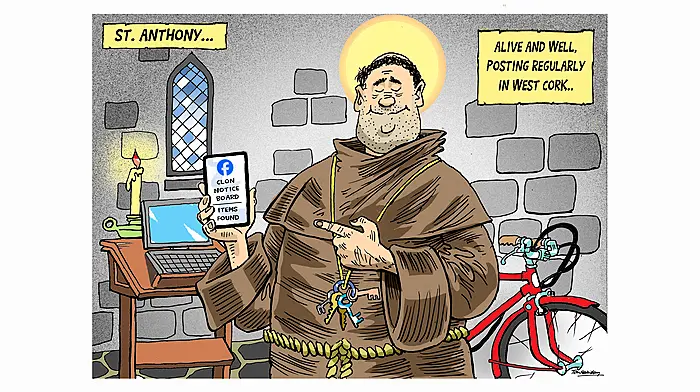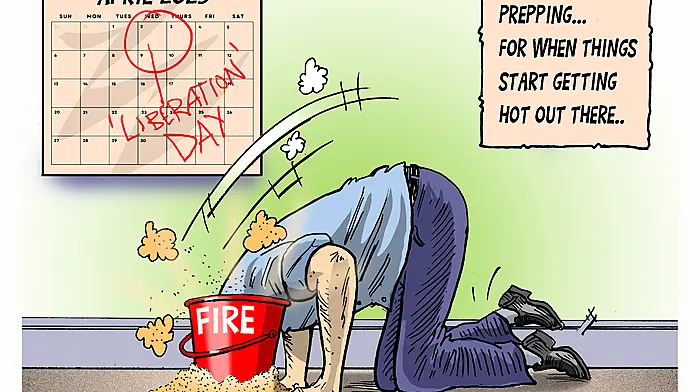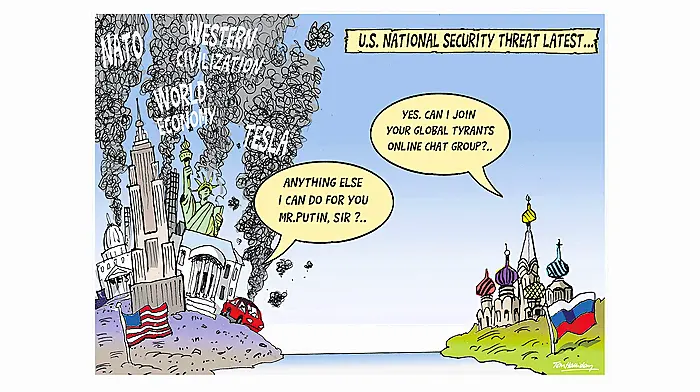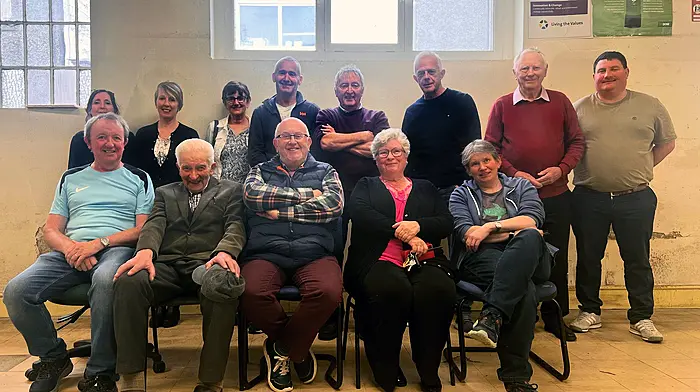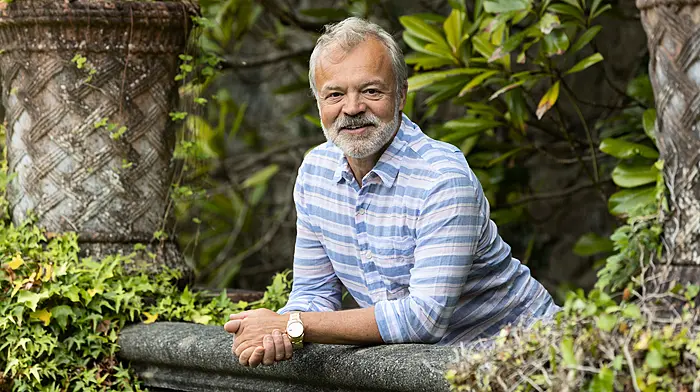
I HAD a big moment this week.
On Friday morning I had two Bruce Springsteen RDS tickets in the cart of my Ticketmaster app ready to purchase. One click and they were mine.
This had come after a morning waiting in the massive virtual queue for the first dates to be released. I finally came up trumps once an extra third date was added.
I’ve seen Bruce three times in the past and the last time, in Croke Park pre-pandemic, was one of the highlights of my concert-going life. I love the guy. I adore The E-Street Band.
But on Friday morning something mysterious happened. I looked at the cart, with the price coming in north of €250 for two standing tickets and I started to think.
I realised that I could go to ten smaller, more personal gigs in the coming year for that money. And I could support those smaller artists without having to queue 40 minutes for a pint of mucky lager in a windswept RDS.
How can a guy like Bruce, who famously captured the hopes and dashed dreams of the American blue collar heartland in song, and who is generally known for standing up for the little guy, be willing to accept this sort of rampant consumerism in his name?
I realise he doesn’t price the tickets. In fact, you can comfortably fly to many European capitals on this very tour, pay for tickets and fly home again for the same price as the concerts in Dublin. This is presuming, of course, that you could actually get through the airport and onto a plane in the first place.
It doesn’t sit right.
So I closed the app without taking any further action. Sorry, Bruce. Not this time.
Now, I have a long history with The Boss. As a kid growing up in 80s West Cork, I remember the hallowed grounds of my uncle’s old record collection at the bottom of his then state-of-the-art stereo system. I would spend dreary Sunday afternoons poring over every vinyl sleeve of his early Bruce albums. And then the Dylan records. And Planxty. And Carly Simon.
These were all bright nuggets of culture in the monotonous grey of the time and many of these artists turned out to be the major musical influences on my life. Neil Young. Pink Floyd. Zeppelin. You name it.
So my connection to and affection for this world runs long and deep.
But this week, I had what I can only describe as a ‘moment of clarity’.
Maybe I was triggered by all the stories of eye-watering price rises for everything in Ireland. The exorbitant rates we pay for insurance or mortgages or whatever you’re having yourself. I know there are global supply chain issues. I know local suppliers and businesses are themselves experiencing crazy costs.
But there is also a long chequered history of Irish people just rolling over and accepting things that are categorically designed to gouge them.
And so I came to a decision.
No, I won’t pay three hundred quid to stand in a field with a load of people, many of them ex-hippie civil servants with their huge pensions pots, listening to someone singing about the plight of factory workers in the American rust belt in the 1970s.
I just don’t buy it anymore.
The boomer generation and the counterculture of the 60s had a lot to say about equality and making the world a better place. Pity the worldview they espoused in their music never materialised in the real one they are handing over to the next generation.
The measure of Boris
I READ with a wry smile during the week that Boris Johnson plans to announce that imperial measurements will be revived to mark Queen’s Platinum Jubilee.
This is all in an effort to boost flagging support among Brexit voters.
The UK currently uses a mix of imperial and metric measurements with speed limits in miles per hour and milk bought in pints.
However, supermarket food packaging denotes grammes, while most soft drinks are sold in litres. They measure time through rose-tinted glasses.
And so it seems that Great Britain, unshackled by the tyranny of an internationally recognised system of weights and measurements, can now burst forth onto the, erm, international stage again, to reclaim their righteous place in the world.
To say they are a few shillings short of a crown would be putting it kindly.
Watch the quiet ones
I WENT to see the most Irish film this week. An Cailín Ciúin (The Quiet Girl) is an extremely moving story of a nine-year-old girl from a poor family who is farmed out to relatives in 1980s Ireland.
The attention to detail with which the film captures that period in Irish history is breathtaking – at times, I felt like I was literally transported back to that era, a world without screens, or the internet, and where expectations were much lower.
I loved every frame of it.
If you can support it in the cinema, it’s well worth your time.
A much better use of your money than lining the pension pockets of yet another rock star, if you ask me.

